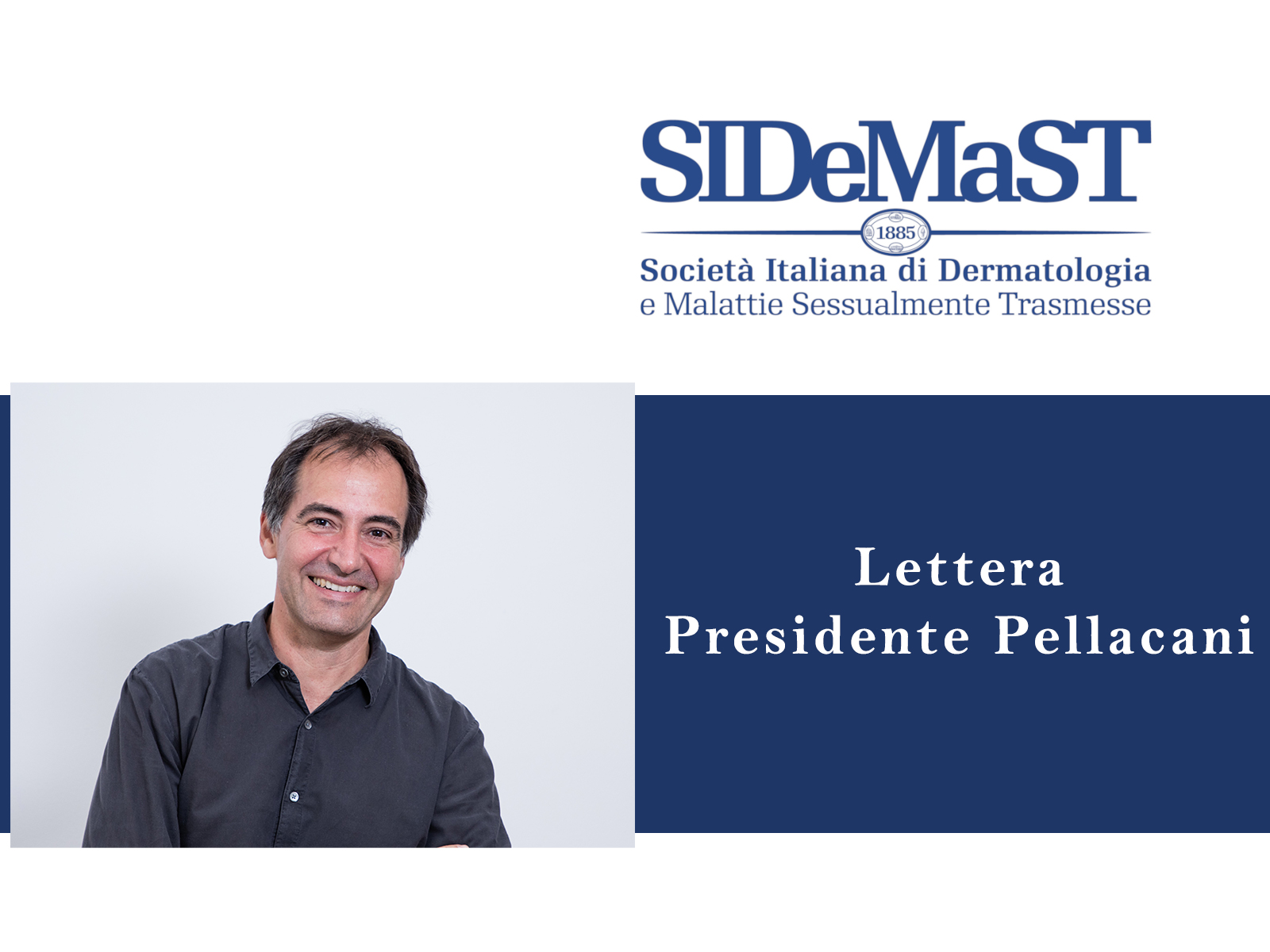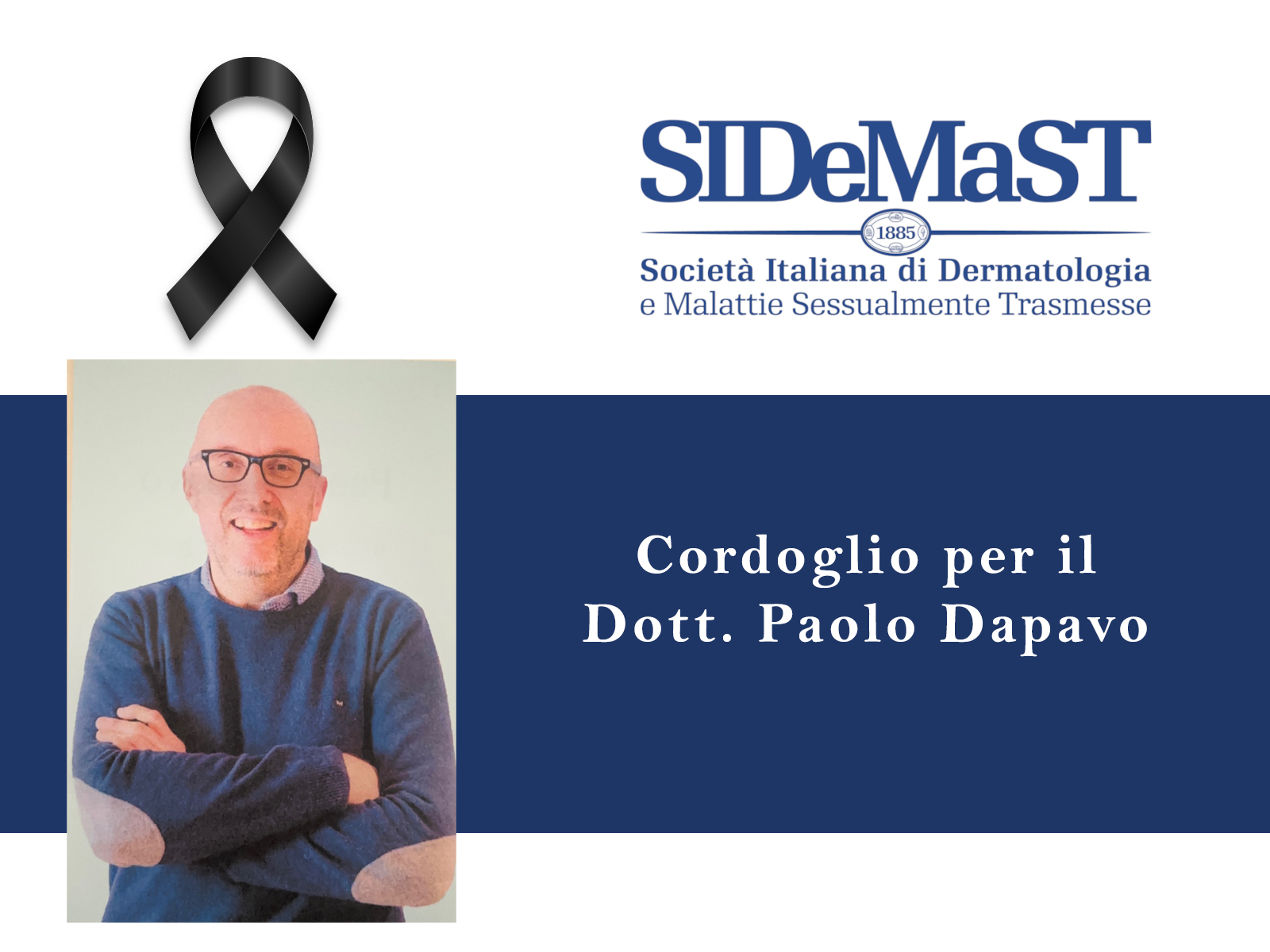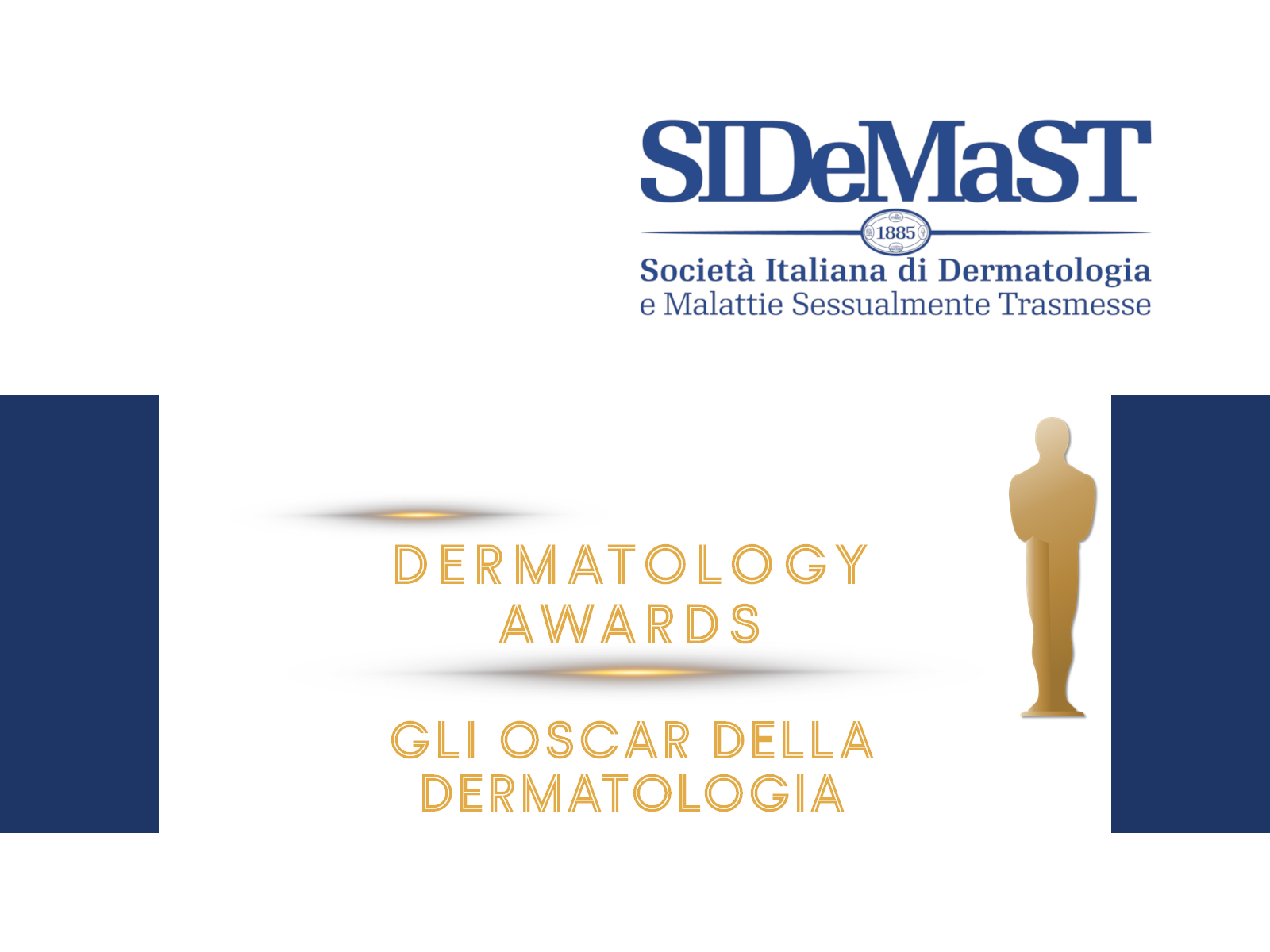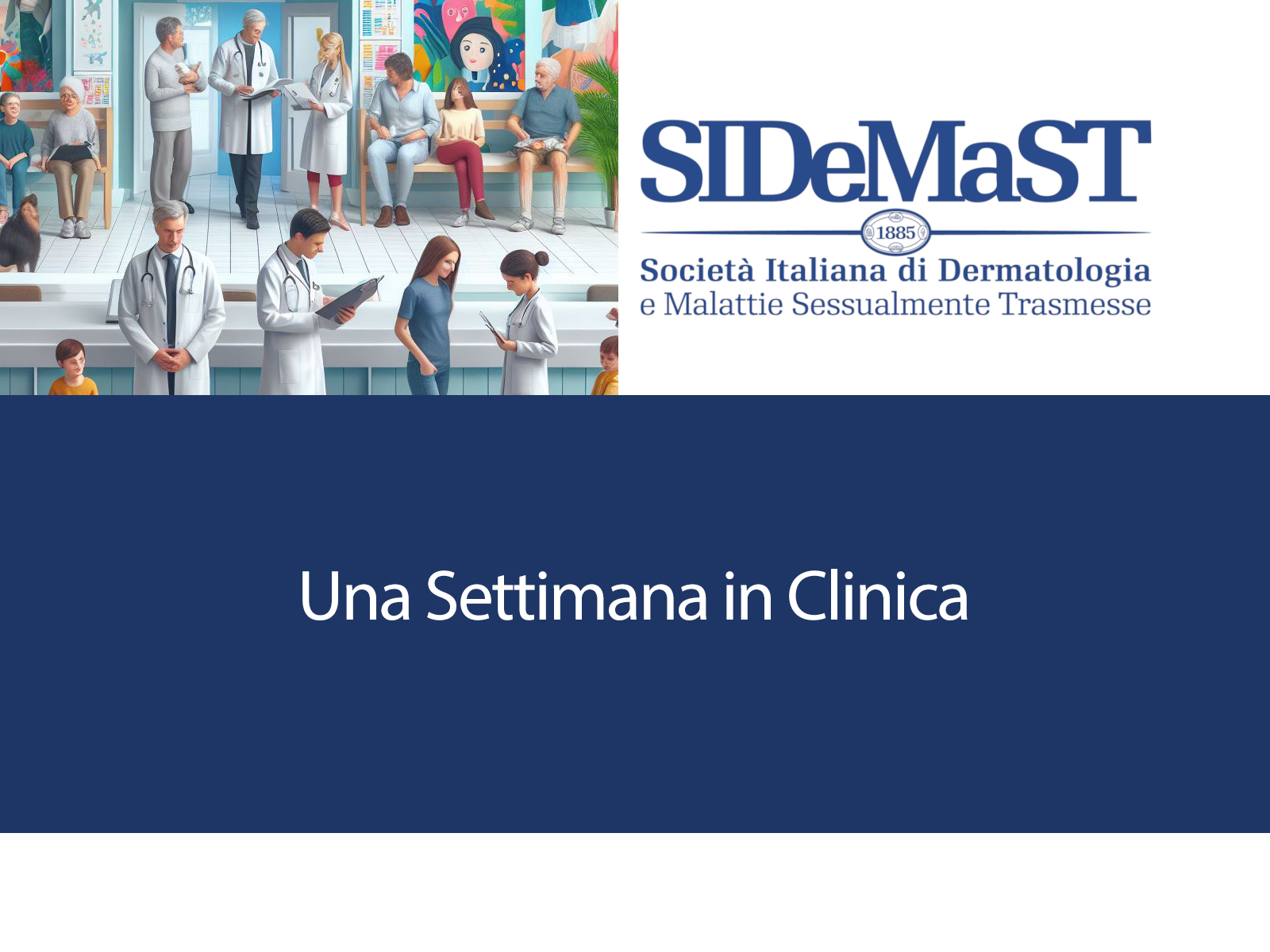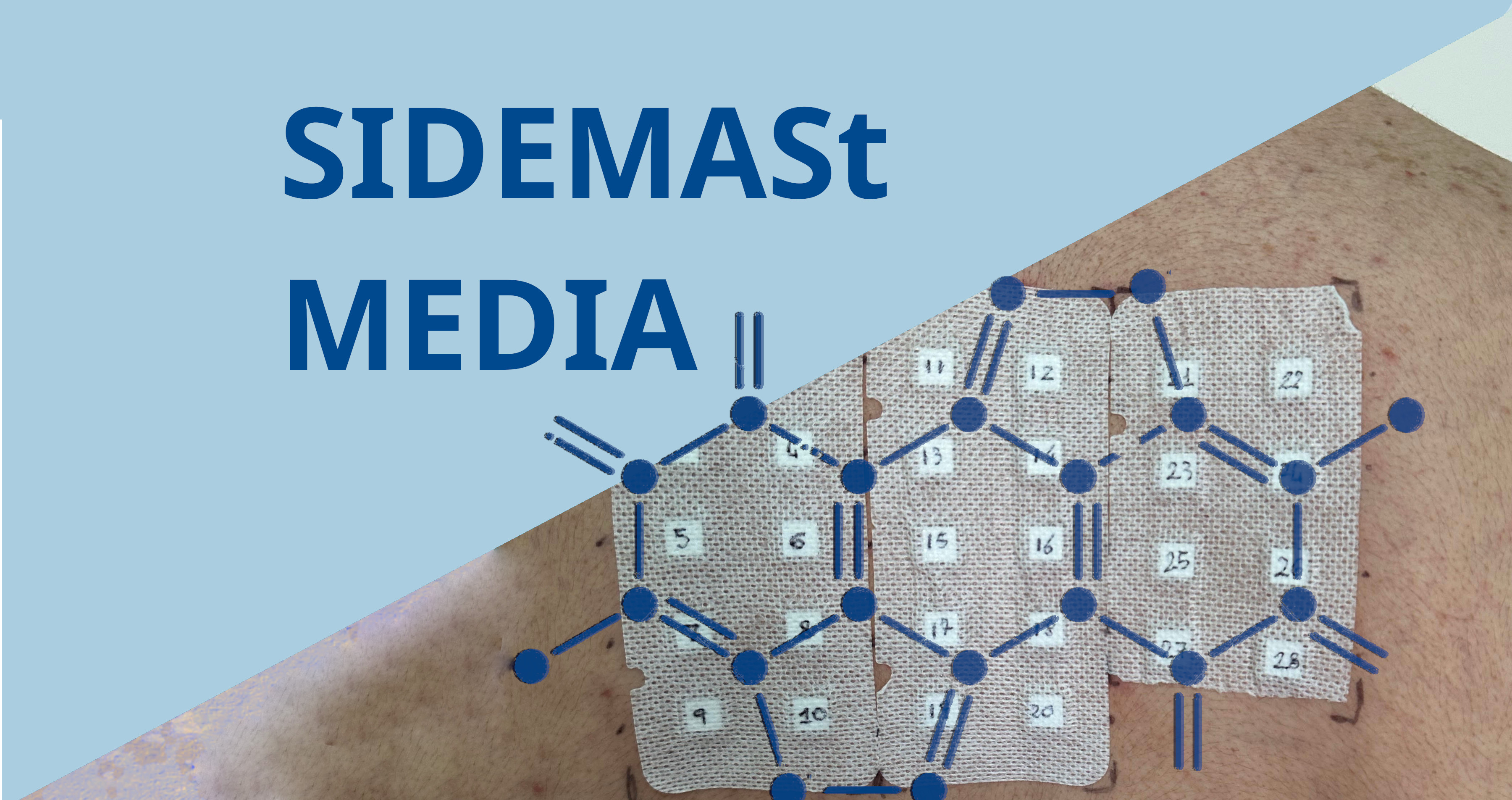AIMS:
Psoriasis is a chronic inflammatory skin disease with a complex etiology, involving the immune system, genetic factors, and external/internal triggers, with psychosomatic aspects. The aim of the study was to investigate childhood trauma and resilience in a psoriatic sample compared with healthy controls. Correlations between childhood trauma, resilience, quality of life, clinical data and psoriatic features were also evaluated.
METHODS
Seventy-seven psoriatic patients and seventy-six homogeneous healthy controls were enrolled. We used the Psoriasis Area and Severity Index (PASI) to assess the severity of psoriasis and the Skindex-29 to measure health-related quality of life. The psychometric battery included the Childhood Trauma Questionnaire (CTQ) and the Connor-Davidson Resilience Scale (CD-Risc) to assess trauma exposure and resilience, respectively.
RESULTS
Psoriatic patients showed a significant prevalence of childhood trauma and a lower resilience level compared to healthy controls. Associations between traumatic experiences, low resilience and reduced quality of life in psoriatic subjects were also observed.
CONCLUSIONS
A multidisciplinary approach is helpful to investigate clinical aspects, trigger factors and psychophysiological stress response in psoriatic subjects. Improving resilience with an early psychological intervention focused on self-motivation and strengthening of self-efficacy could facilitate the management of psoriasis.
Crosta ML, De Simone C, Di Pietro S, Acanfora M, Caldarola G, Moccia L, Callea A, Panaccione I, Peris K, Rinaldi L, Janiri L, Di Nicola M.
J Psychosom Res. 2018 Mar;106:25-28. doi: 10.1016/j.jpsychores.2018.01.002. Epub 2018 Jan 8.


